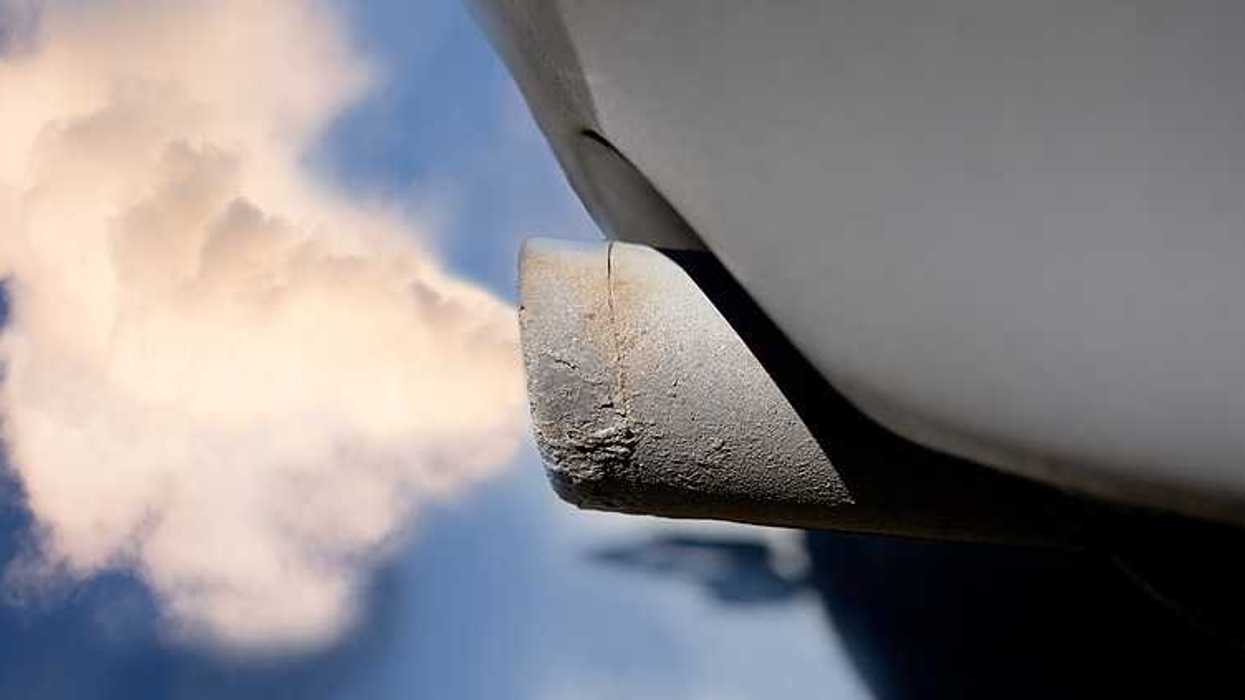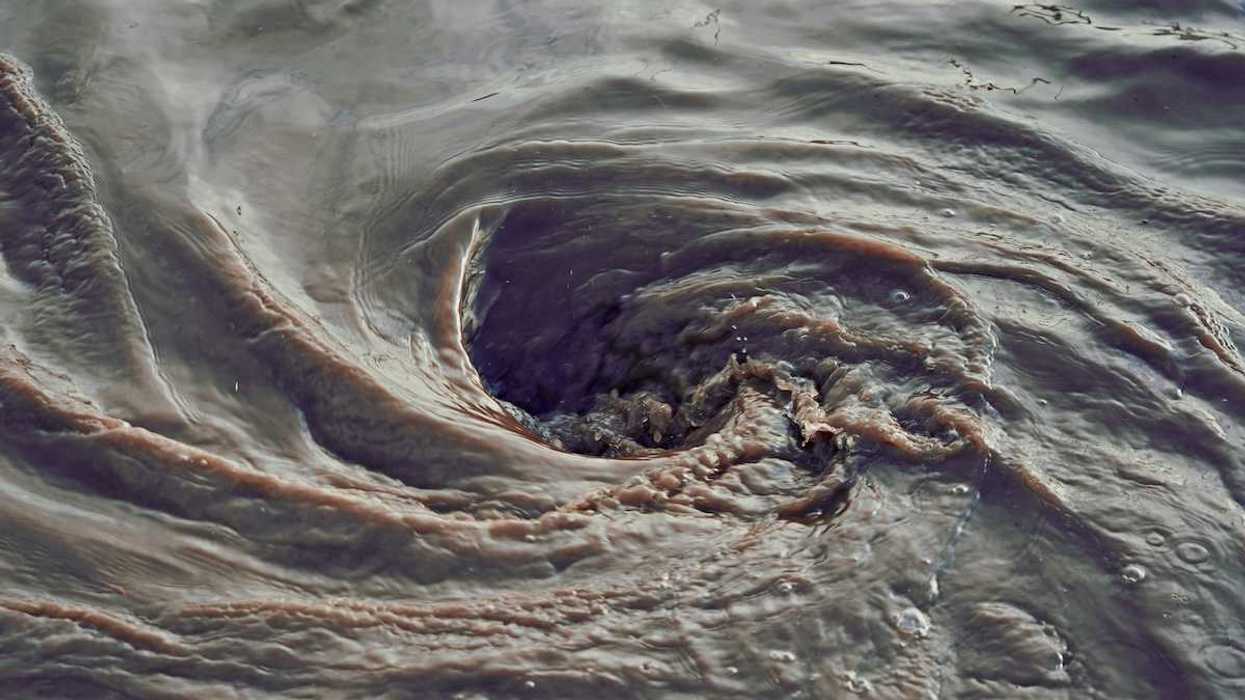Officials in Chapel Hill, NC, face criticism over a plan to redevelop a coal ash site near a popular greenway, as community members fear health risks from lingering toxic metals.
Lisa Sorg reports for Inside Climate News.
In short:
- Chapel Hill aims to redevelop a coal ash site but faces backlash over a cleanup plan deemed insufficient by some community members and lawyers.
- The site, containing 46,000 tons of coal ash, has restricted uses, excluding residences and parks, due to contamination concerns.
- High levels of arsenic, radium, and other toxic metals persist, posing potential health risks and environmental hazards.
Key quote:
"Simply burying the ash under a layer of soil will do nothing to clean up the contamination and address these environmental and public health hazards."
— Perrin de Jong, Southeast staff attorney with the Center for Biological Diversity
Why this matters:
Coal ash, a byproduct of burning coal for electricity, contains harmful substances such as arsenic, lead, and mercury. These toxins have been linked to a variety of health issues, including cancer and neurological damage. As the town officials push forward with redevelopment plans, community members are rallying to ensure that proper safety measures are taken to mitigate any exposure to these dangerous contaminants.














